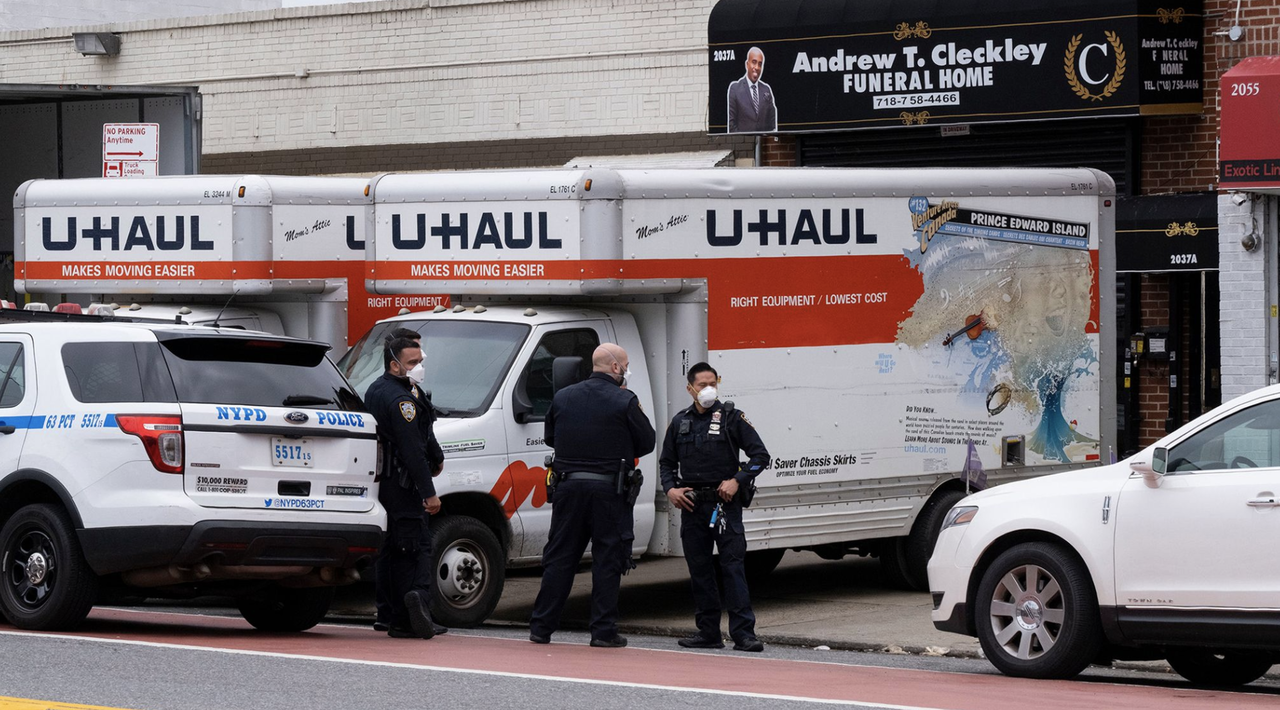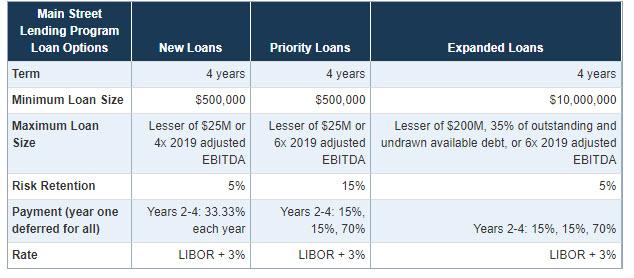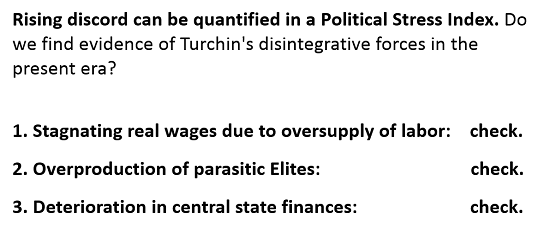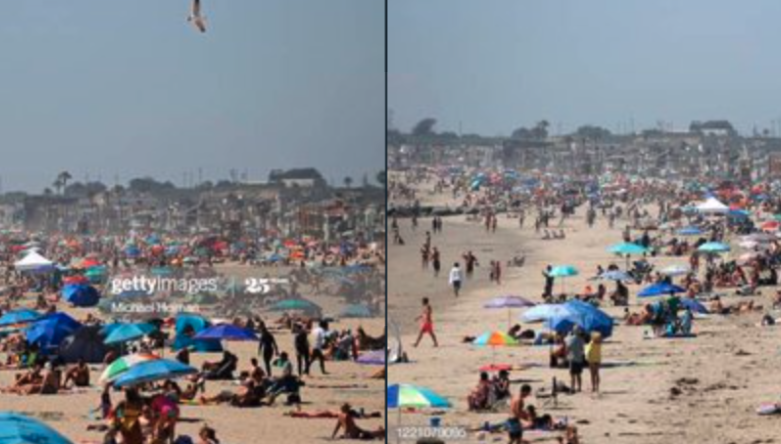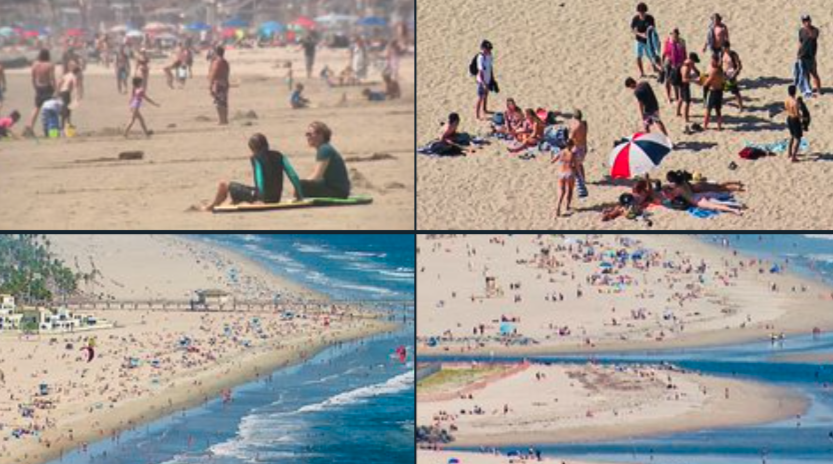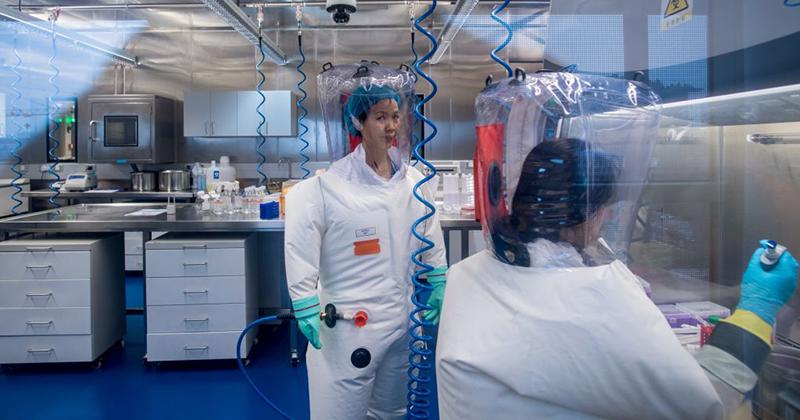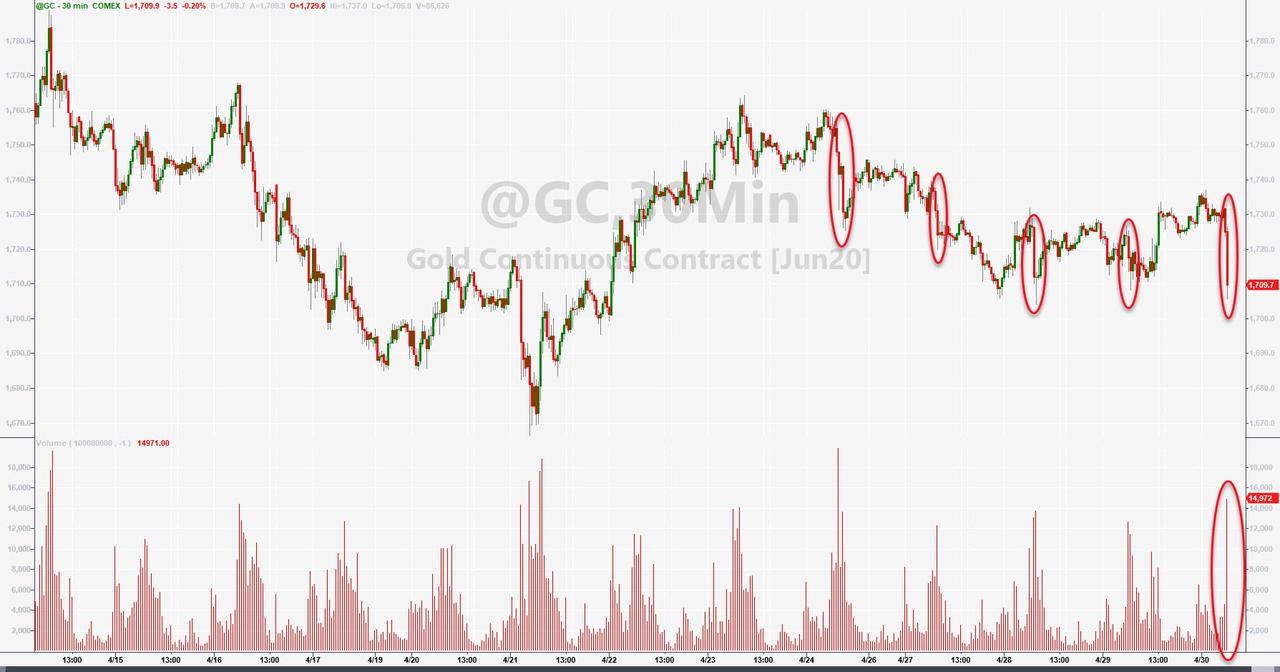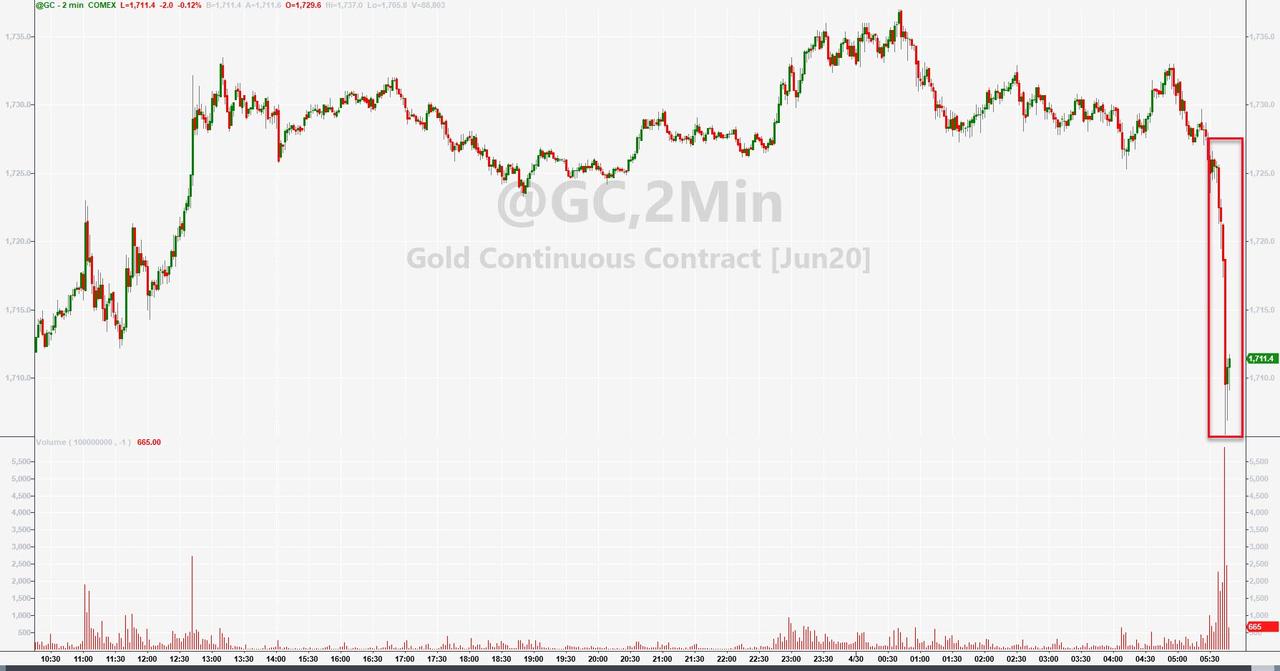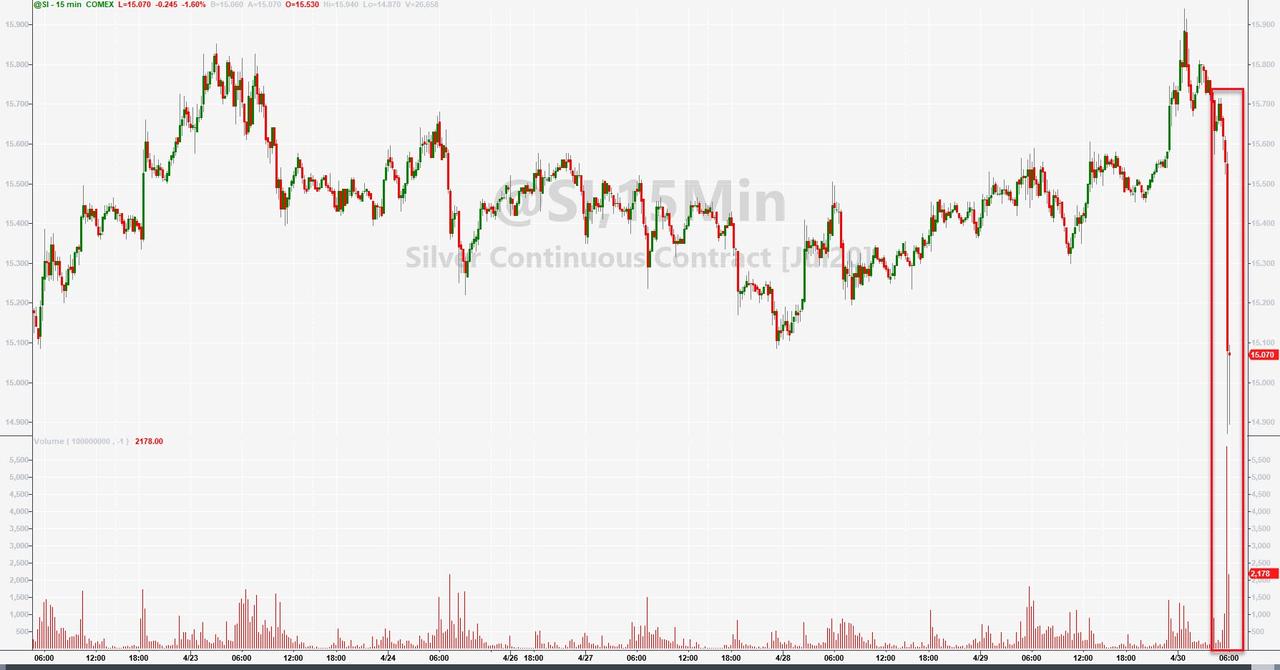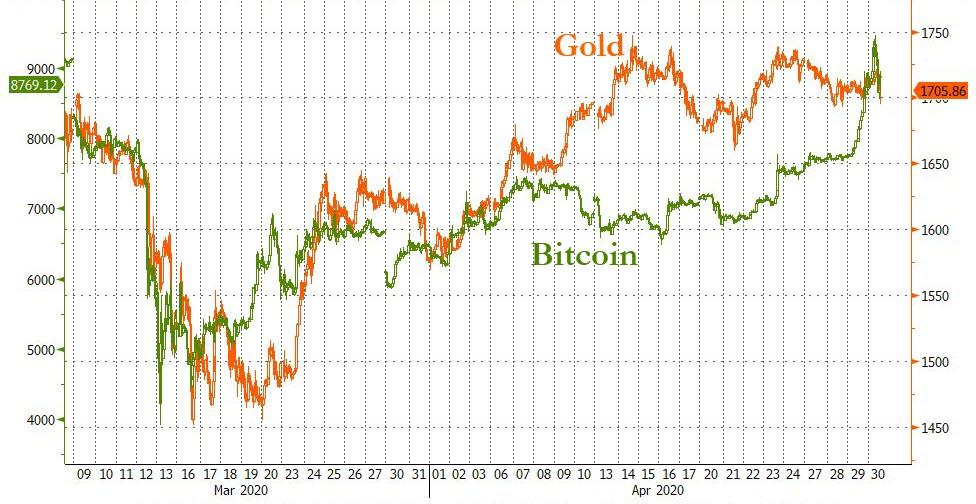After all but ignoring sexual assault allegations made against former Vice President Joe Biden, many famous figures in the #MeToo movement are now rushing to the presumptive Democratic presidential nominee’s defense or suddenly discovering the importance of nuance and restraint in discussing unproven allegations.
New testimony from people who knew her in the early 1990s suggests that Tara Reade complained privately of being sexually assaulted by Biden in 1993 when she worked as a staff assistant in his Senate office. Those accounts have proven especially problematic for women rumored to be on Biden’s shortlist for vice president.
Former presidential candidate and Sen. Kamala Harris (D–Calif.) said last year that she believed three women (Lucy Flores, Caitlyn Caruso, and D.J. Hill) who accused Biden of inappropriate touching or kissing. “I believe them and I respect them being able to tell their story and having the courage to do it,” Harris said at an April 2, 2019, event for her presidential campaign.
But now that she’s allegedly among Biden’s top choices for VP (and regularly doing digital events with him), Harris has nothing to say about the Reade allegation and has gone full “We have to do everything we can to elect Joe Biden.”
Meanwhile, Sen. Kirsten Gillibrand (D–N.Y.) and former Georgia gubernatorial candidate Stacey Abrams have said they don’t believe Reade, while Hollywood’s self-appointed #MeToo spokeswoman Alyssa Milano has suddenly discovered the virtues of due process.
“As we started holding politicians and business leaders and celebrities around the world accountable for their actions, it was easy to sort things into their respective buckets: this is wrong, this is right,” Milano writes in Deadline. But now, as credible allegations against Biden surface, Milano has suddenly discovered that “the world is gray” and conversations about sexual assault should have more “nuance.”
“Believing women was never about ‘Believe all women no matter what they say,’ it was about changing the culture of NOT believing women by default,” Milano claims.
That’s true enough for many folks. But for Milano (and some Democratic politicians and pundits), the assertion that “it’s okay to look at evidence and come to your own conclusion” was very much missing when they weren’t political allies or personal friends of the accused.
Some typically enthusiastic supporters of sexual assault survivors are trying to sidestep hypocrisy allegations by declaring that Reade is simply not credible. For instance, MSNBC contributor Jill Wine-Banks tweeted: “I support #MeToo and instinctively believe accusers, but as a former prosecutor, I use critical thinking to evaluate allegations and test credibility. Tara Reader’s accusation against Biden fails the test of credibility.”
Gillibrand told CNN, “When we say believe women, it’s for this explicit intention of making sure there’s space for all women to come forward to speak their truth, to be heard. And in this allegation, that is what Tara Reade has done. She has come forward, she has spoken, and they have done an investigation in several outlets. Those investigations, Vice President Biden has called for himself. Vice President Biden has vehemently denied these allegations and I support Vice President Biden.”
“I know Joe Biden and I think he’s telling the truth and this did not happen,” Abrams told CNN on Tuesday.
But wherever you stand on Reade’s credibility, it’s absurd to pretend there’s significantly less reason to believe Reade than there was Christine Blasey-Ford or any other recent accusers of high-profile political men. And the things people are citing in order to undermine Reade’s credibility are the very things Democrats and progressives have waved away when it came to allegations against Republican politicians, “shitty media men,” etc.
“The job description for Joe Biden’s running mate has suddenly become more complicated: the Democratic vice presidential nominee must now defend him against sexual assault accusations without looking hypocritical,” noted Politico this week.
And it’s not just that they’re women and thus expected to stand for all feminism; many of these particular women have made protecting women and girls from sexual abuse a huge part of their public image and political performance. As Politico‘s Marc Caputo notes, many of Biden’s potential running mates “played lead roles in opposing the Senate confirmation of Justice Brett Kavanaugh in 2018. … leaving a trail of unambiguous statements at sharp odds with the role they’ll need to play for Biden in a general election.”
This week gave people an additional reason to believe Reade’s allegations about Biden: a former neighbor of Reade’s, Lynda LaCasse, who told Business Insider that Reade had told her about the alleged assault back in 1995.
“We were talking about violent stories, because I had a violent situation,” said LaCasse, who describes herself as a strong Democrat. “We just started talking about things and she just told me about the senator that she had worked for and he put his hand up her skirt.”
Another contemporaneous account: “Lorraine Sanchez, who worked with Reade in the office of a California state senator in the mid-’90s, told Insider that she recalls Reade complaining at the time that her former boss in Washington, D.C., had sexually harassed her, and that she had been fired after raising concerns.”
Also this week, The Intercept confirmed (in a piece that further explains Reade’s timing on coming forward) that Reade began reaching out to the National Women’s Law Center about Biden this past January, but was rebuffed.
The new stories are bringing more attention to interviews leftist podcaster and journalist Katie Halper did in March, talking to Reade, her brother, and a close friend of Reade’s. Both of them “recall Reade telling them about it at the time,” writes Halper.
Reade’s friend told Halper she encouraged her not to go public with the allegation at the time out of concern for public scorn without any real resolution. “It was the ’90s,” she told Halper, suggesting that no one would have cared or believed Reade back then. “Back then people assumed girls just get over it,” she said. Reade’s brother Collin Moulton said his mother had urged her to report the assault to police, but he had suggested she just move on. “I wasn’t one of her better advocates,” he told Halper. “I said let it go, move on, guys are idiots.”
Asked about Reade by The Daily Beast, prominent women’s groups would not comment. Reporters Scott Bixby and Hanna Trudo “contacted 10 top national pro-women organizations for this story, including Emily’s List, Planned Parenthood Action Fund, NARAL Pro-Choice America, and the National Organization for Women. Most organizations did not respond to a detailed request for comment about the allegation by Tara Reade.”
Bixby and Trudo draw parallels between the current situation and Democrats’ sudden disinterest in sexual assault allegations and workplace harassment of women when the person being accused was Bill Clinton.
“I don’t have any insight on why women’s groups have been largely silent on the accusations,” writes Erin Gloria Ryan at the Beast today, “but if I had to guess, it’s because what Biden is alleged to have done pales in comparison with things Trump has been accused of, and that Reade is, at press time, the only person to make serious assault allegations against Biden.”
ELECTION 2020
Reason‘s Matt Welch talks to U.S. Rep. Justin Amash (L–Mich.), who is now officially the first Libertarian Party (L.P.) member of Congress. Amash’s Wednesday announcement that he’s seeking the L.P. presidential nomination set off the standard wave of complaints about how Americans owe it to their nation to vote only for either a Democrat or a Republican.
“If we want more liberty and smaller government, then Amash should have just stayed in Congress,” suggests a Washington Examiner op-ed.
“If Amash gets the Libertarian nomination and stays in until the end, he could wind up going in the books as the guy who voted to impeach Trump one year, then tipped the election to him 11 months later,” writes Joe Walsh in The Washington Post.
But it’s “far from clear, if history is any guide, that [Amash] will hurt Mr. Biden more than Mr. Trump,” writes Liz Mair in The New York Times. “What libertarians like me hope is that he enables a growing number of Americans to register their dissatisfaction with the major parties and their policy agendas.”
Related: Welch, Nick Gillespie, and Brian Doherty talk about how Justin Amash’s campaign changes the 2020 presidential election.
QUICK HITS
- SCOTUS will also consider whether a rule that groups receiving anti-HIV funding “have a policy explicitly opposing prostitution and sex trafficking” is a First Amendment violation.
from Latest – Reason.com https://ift.tt/2YjDvff
via IFTTT
